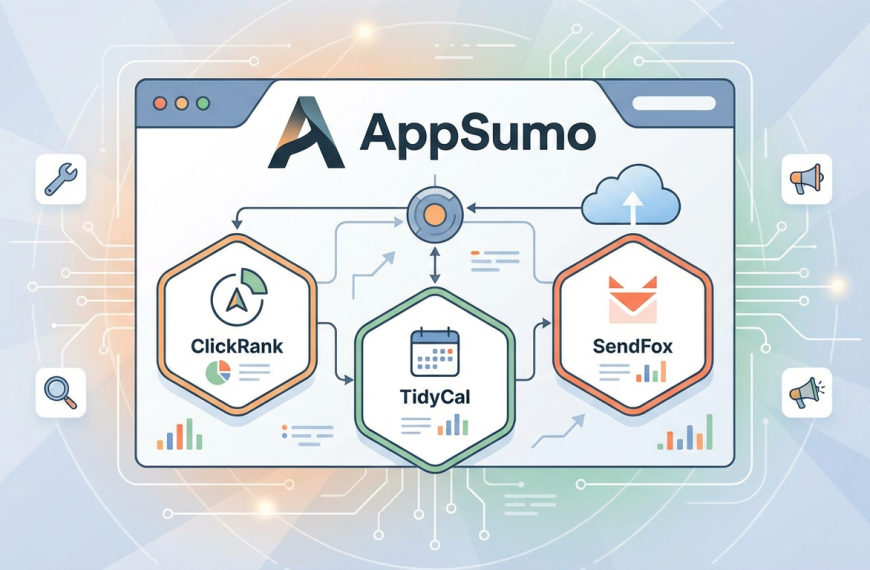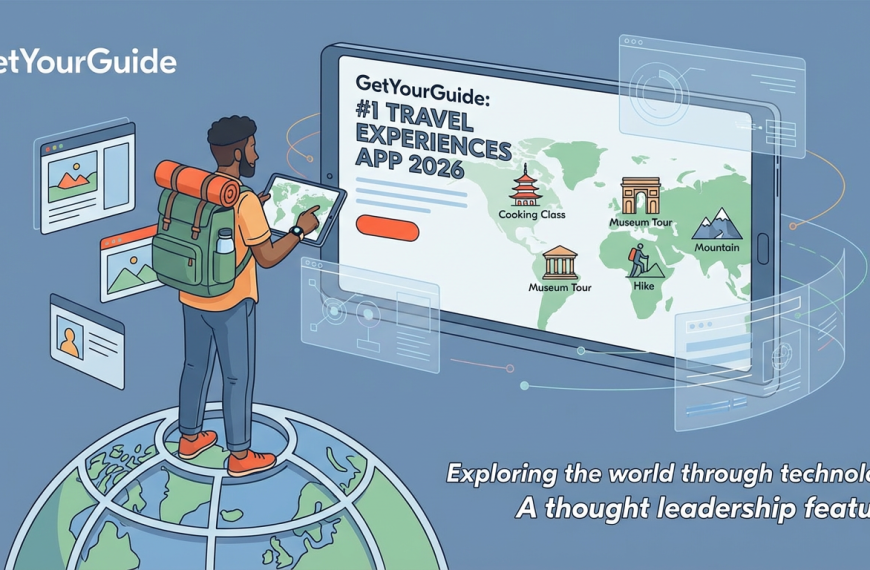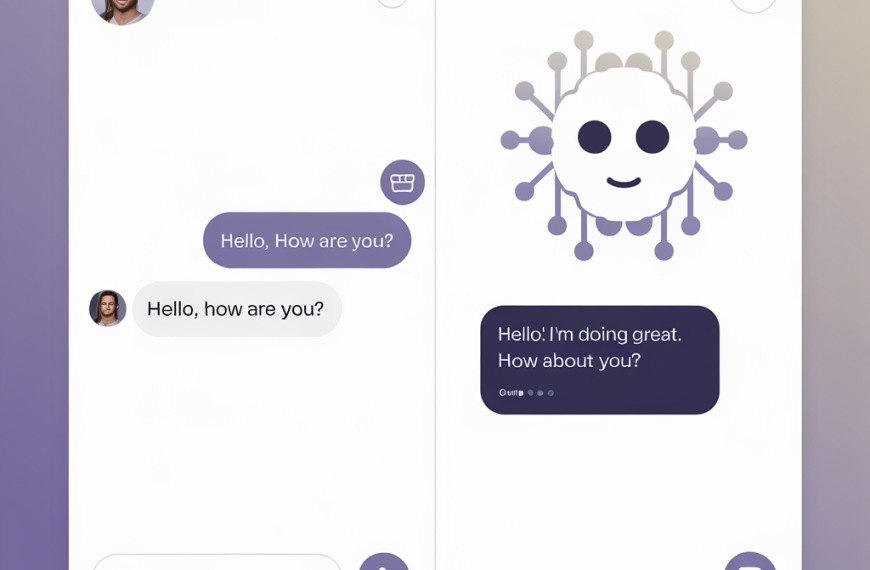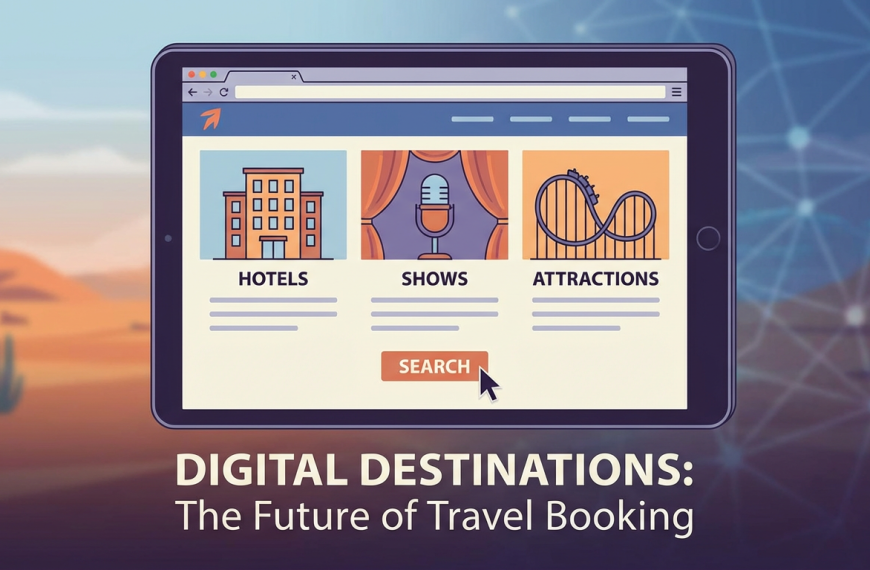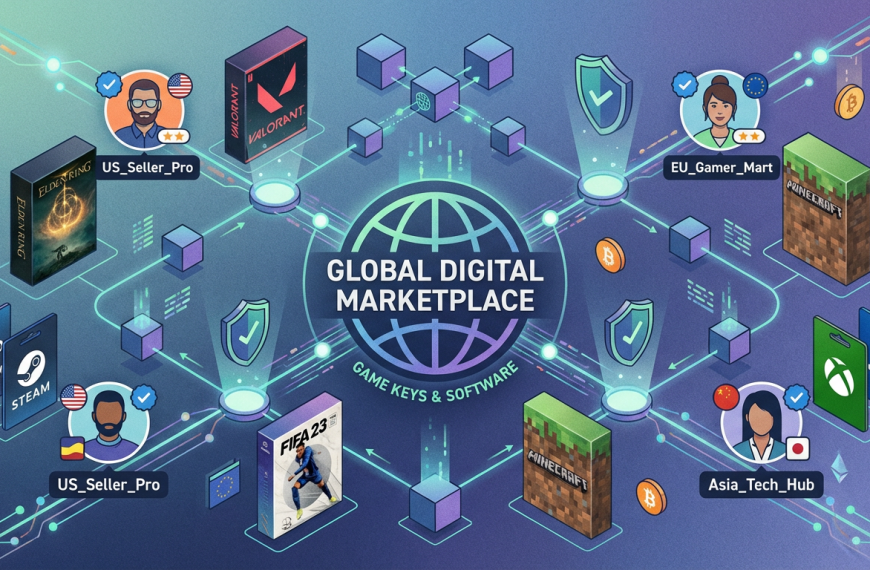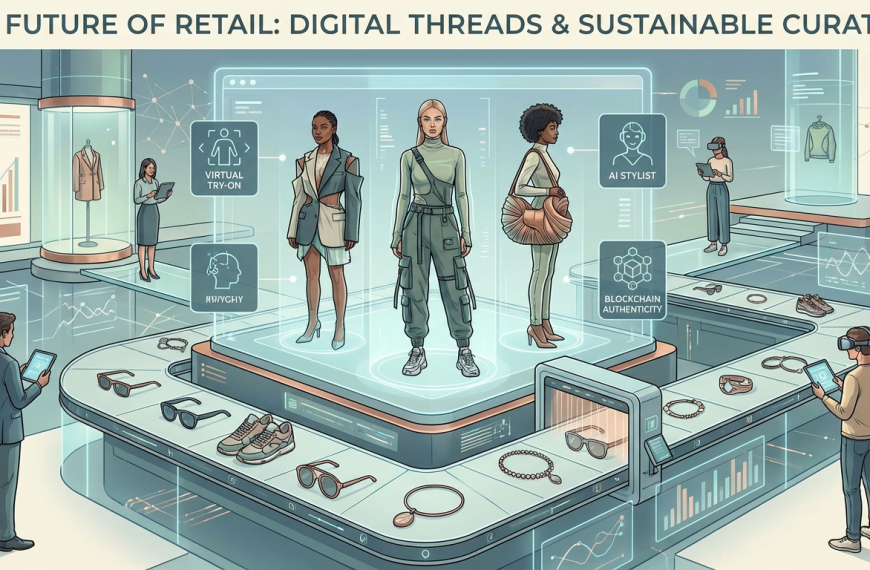How to Seamlessly Integrate AI into Your Marketing Stack
Introduction: The Importance of AI in Marketing
In today’s fast-paced digital world, integrating AI into your marketing stack is no longer a luxury but a necessity. AI technologies are transforming the way businesses interact with customers, offering unprecedented levels of personalization and efficiency.
Benefits of Integrating AI into Marketing
- Efficiency: Automates repetitive tasks, saving time.
- Improved Customer Experience: Personalizes marketing strategies.
- Better Decision-Making: Provides data-driven insights.
- Cost Savings: Reduces operational redundancies.
Key AI Tools and Technologies Used in Marketing
- Predictive Analytics: Tools like HubSpot for lead scoring.
- Content Creation: AI tools like Jasper and Copy.ai.
- Chatbots: AI-driven customer support solutions.
- Ad Optimization: AI for automating ad placements.
Steps to Integrate AI into Existing Marketing Strategies
- Evaluate current MarTech stack.
- Define clear objectives.
- Build a strong data foundation.
- Select appropriate AI tools.
- Train your team on AI technologies.
- Start small and scale gradually.
Case Studies of Successful AI Integration in Marketing
- Etsy: Personalized recommendations through AI.
- Salesforce: Increased engagement via AI-driven insights.
- Procter & Gamble: Enhanced product development using AI analytics.
Challenges and Considerations When Implementing AI in Marketing
- Data Privacy: Ensuring compliance with regulations.
- Integration Complexity: Aligning AI tools with existing systems.
- Bias in AI Models: Regular audits to prevent biases.
- Human Oversight: Maintaining a balance between AI and human input.
Conclusion: The Future of AI in Marketing
The future of marketing is undeniably intertwined with AI. As technology evolves, businesses must continuously adapt and consider ethical implications to harness AI’s full potential.
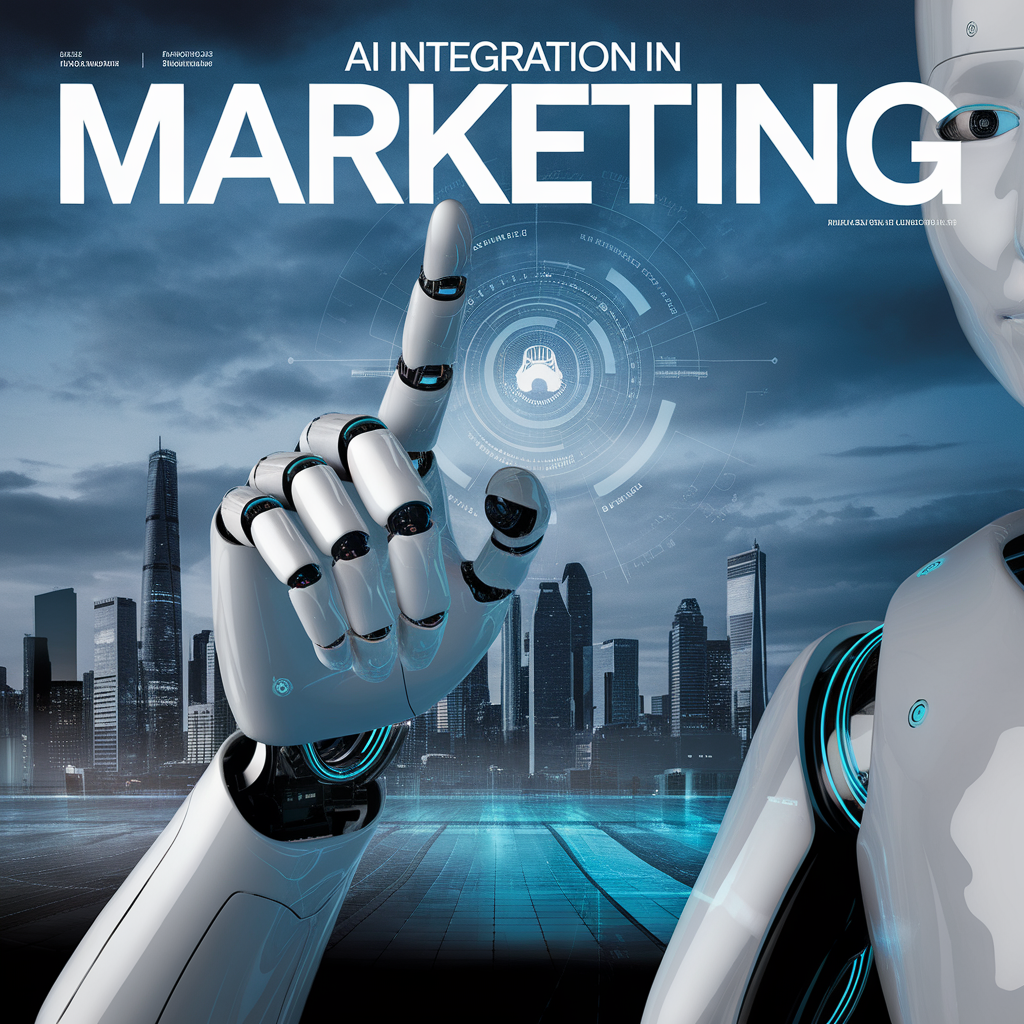

 By
By